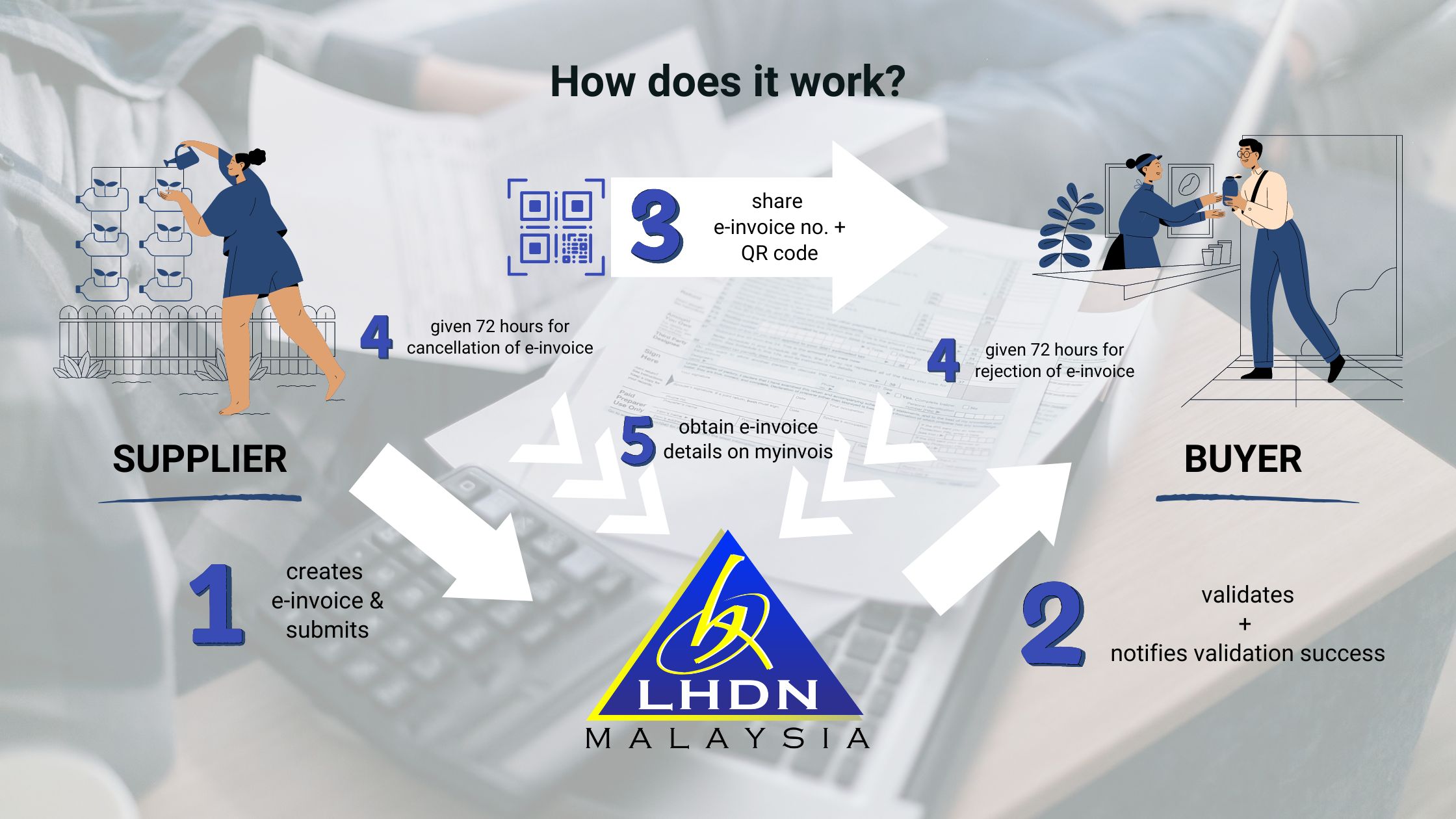Introducing AiNexus | Your New E-Invoicing Malaysia Assistant
Streamline your e-Invoicing Malaysia process with Aspert Innovation.
Aspert’s AiNexus e-invoice system will be integrated between LHDN’s platform and any 3rd party system, allowing companies to accept and reject invoices with email notification.
LHDN/IRBM Compliant
AiNexus is compliant with Malaysia's government rules and regulations.
ERP Integration
Eliminate manual tasks by integrating AiNexus to your ERP system and integrate e-invoices automatically.
User Friendly
Simple user interface makes it easy for users to navigate the system.

